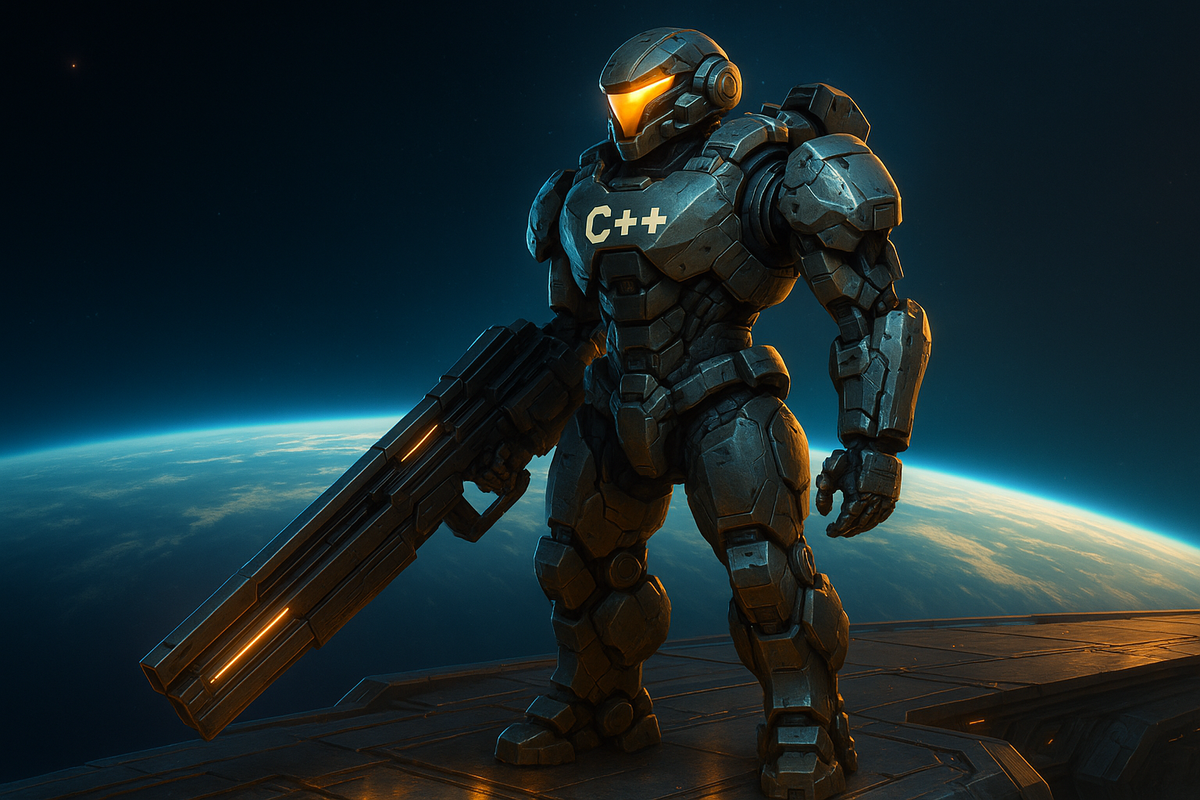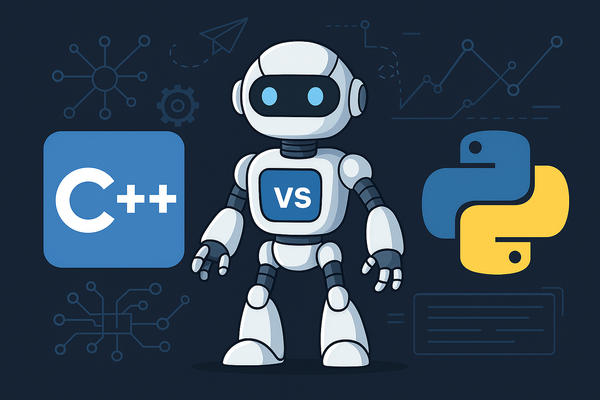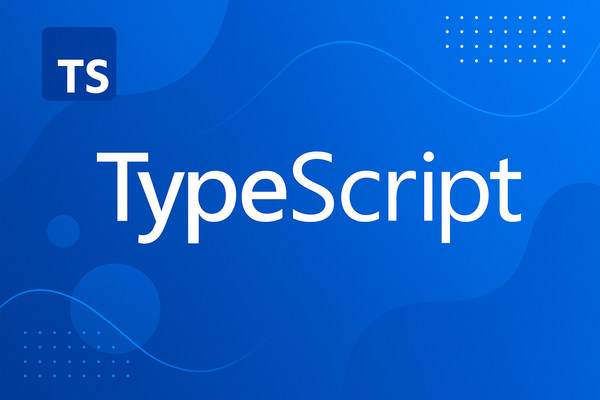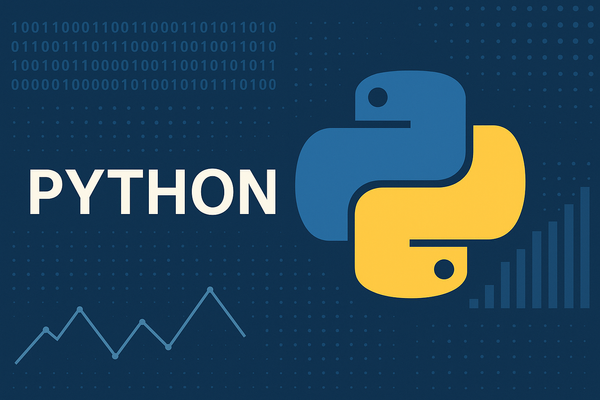Why C++ Is Still Awesome (and Hugely Popular)

When new programming languages like Python, Go, and Rust dominate headlines, it’s easy to wonder: is C++ still relevant? The answer is a resounding yes. Decades after its creation, C++ continues to power some of the world’s most demanding applications. Its combination of speed, control, and versatility keeps it at the top of the stack for industries where performance really matters.
The Backbone of High-Performance Software
C++ excels in situations where every millisecond counts. Its ability to compile down to highly efficient machine code makes it ideal for operating systems, real-time applications, and performance-critical tools. Unlike higher-level languages, C++ gives developers precise control over memory and hardware—a must for systems that can’t afford inefficiency.
Some iconic examples:
- Microsoft Windows and Adobe Photoshop use C++ for their performance-critical components.
- Databases like MySQL and MongoDB rely on it for speed and scalability.
- Embedded systems in cars, medical devices, and aerospace still lean on C++ for reliability.
The King of Game Development
If you’ve ever played a blockbuster video game, chances are C++ was behind the scenes. The Unreal Engine, one of the most widely used game engines in the world, is written in C++ and provides developers with the flexibility to fine-tune performance.
Why does this matter?
- Game developers need frame-perfect performance—every millisecond saved improves gameplay.
- Physics engines, AI systems, and 3D rendering pipelines push hardware to the limit, and C++ delivers.
- Major studios like Epic Games, Rockstar, and Ubisoft depend on C++ to bring massive open worlds and realistic graphics to life.
Even indie developers benefit, as C++ engines provide powerful tools to create cutting-edge games without sacrificing performance.
Finance, Robotics, and Beyond
C++ isn’t just about games and operating systems. Its influence stretches across industries:
- Finance: High-frequency trading systems rely on C++ for ultra-low latency.
- Robotics: The Robot Operating System (ROS) uses C++ to control real-time robotic systems.
- Web Browsers: Both Chrome and Firefox leverage C++ for their rendering engines.
- Machine Learning: Libraries like TensorFlow include optimized C++ backends to accelerate performance.
Wherever there’s a need for both power and precision, C++ finds its place.
A Language That Evolves
One reason C++ remains strong is its ability to evolve. Modern standards like C++11, C++14, C++17, and C++20 have introduced features such as smart pointers, lambda expressions, and concurrency tools—bringing C++ closer to the convenience of newer languages while keeping its raw power.
Developers now write safer, cleaner, and more expressive code without sacrificing performance. The result: a language that balances modern productivity with low-level control.
The Bottom Line
C++ is not just an old language that refuses to die—it’s a living, evolving powerhouse that underpins much of today’s digital world. From gaming and finance to operating systems and embedded hardware, C++ remains the tool of choice when speed, efficiency, and control are non-negotiable.
So whether you’re building the next AAA game, designing self-driving car software, or optimizing massive data pipelines, remember: C++ isn’t going anywhere. In fact, it’s still awesome—because it delivers where others can’t.




